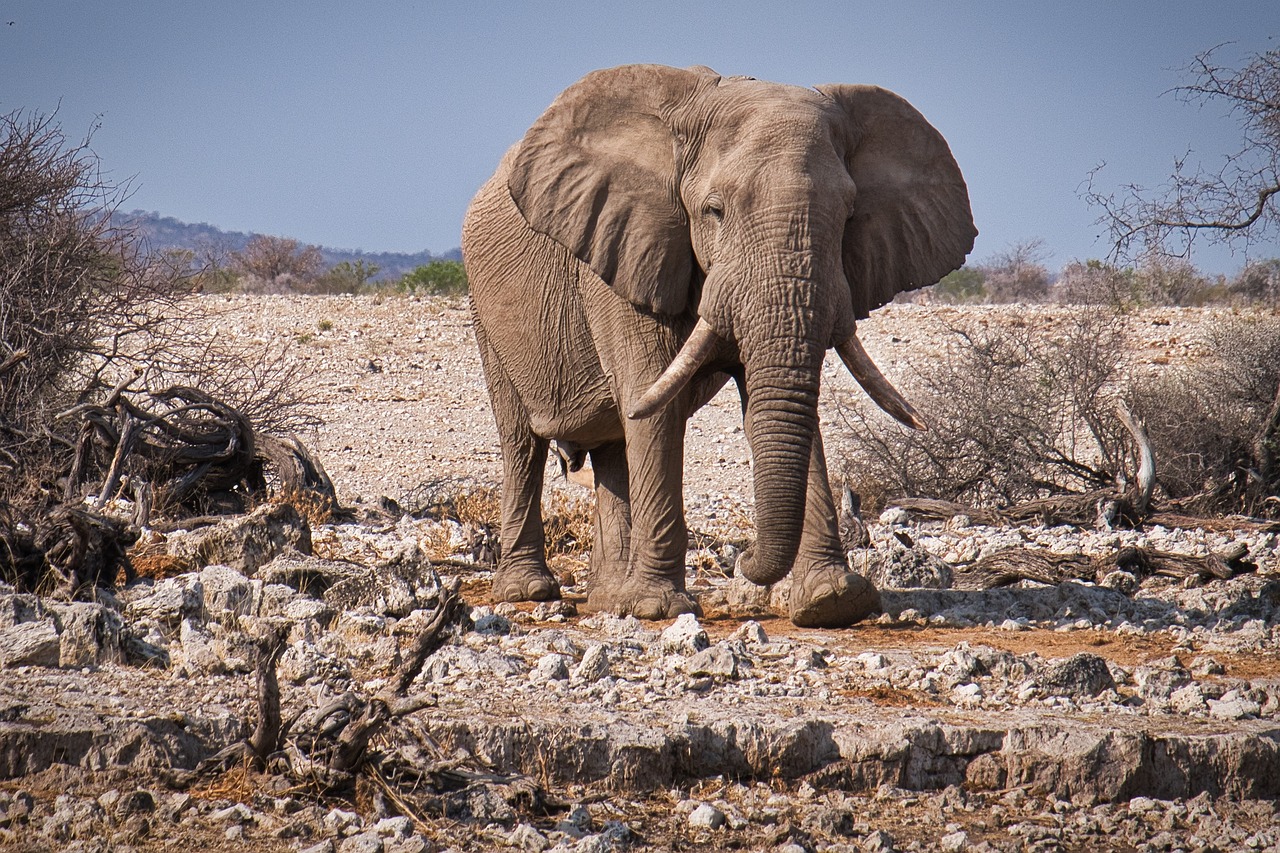Attachments
Note: Not all attachments are visible to the general public. Research URLs will go live after the embargo ends.
Journal/
conference: Science
conference: Science
Research:Paper
Organisation/s:
Charles Darwin University, Charles Sturt University, Macquarie University
Funder:
C.J. Jolly was supported by the Macquarie University Research Fellowship (MQRF). Authors have received funding associated with fisheries research, wildlife conservation and the ecology of large, old and aging animals.



 Australia; NSW; NT
Australia; NSW; NT



